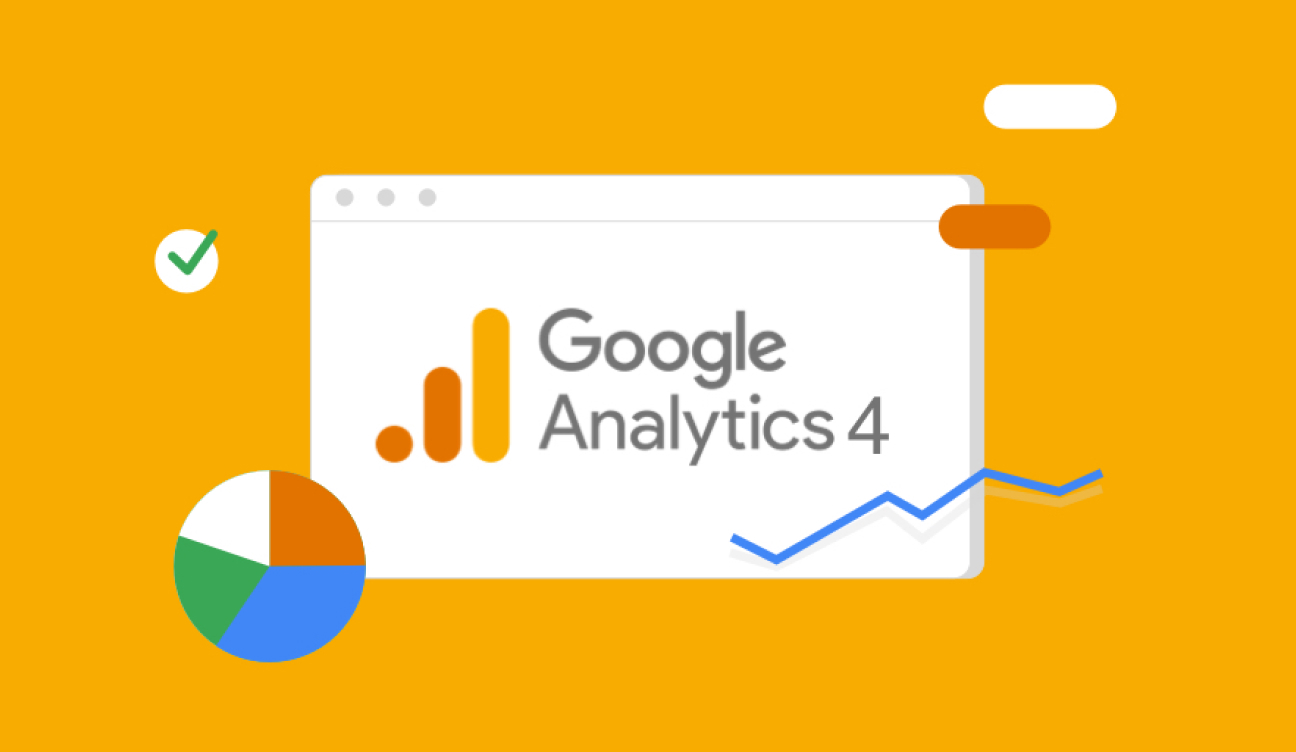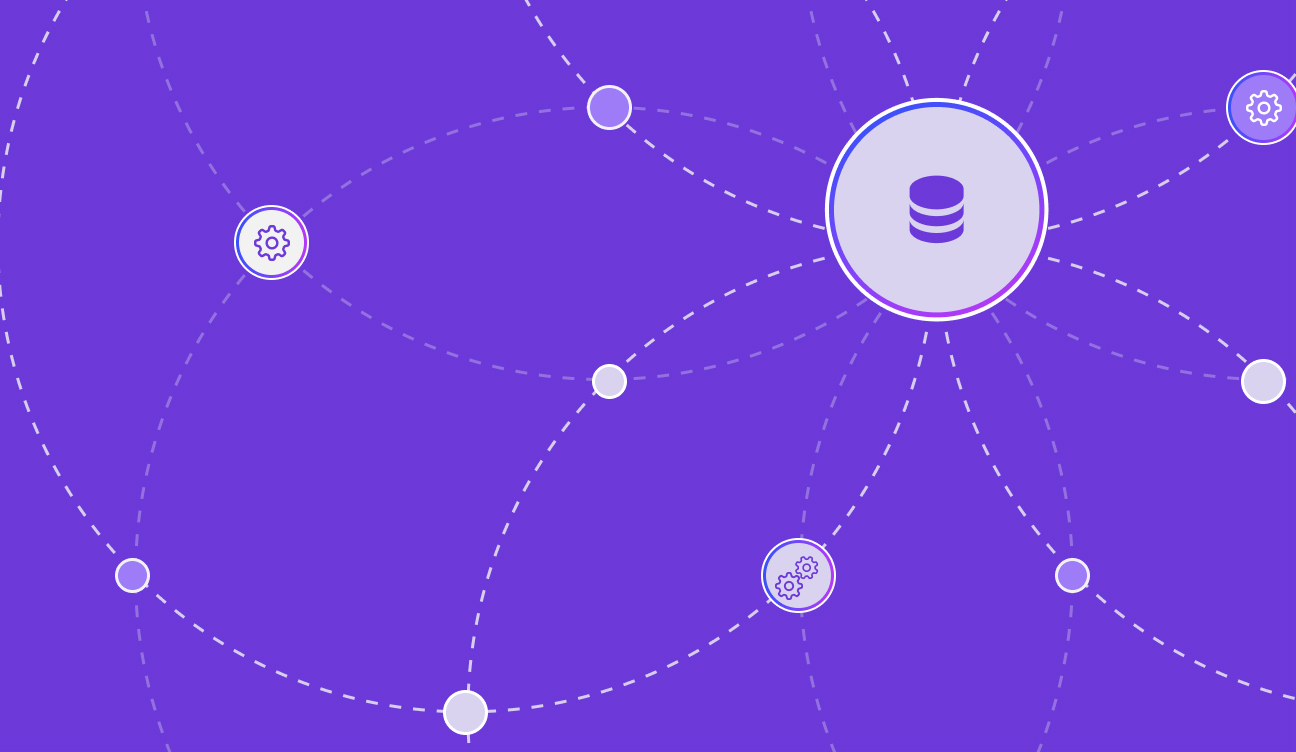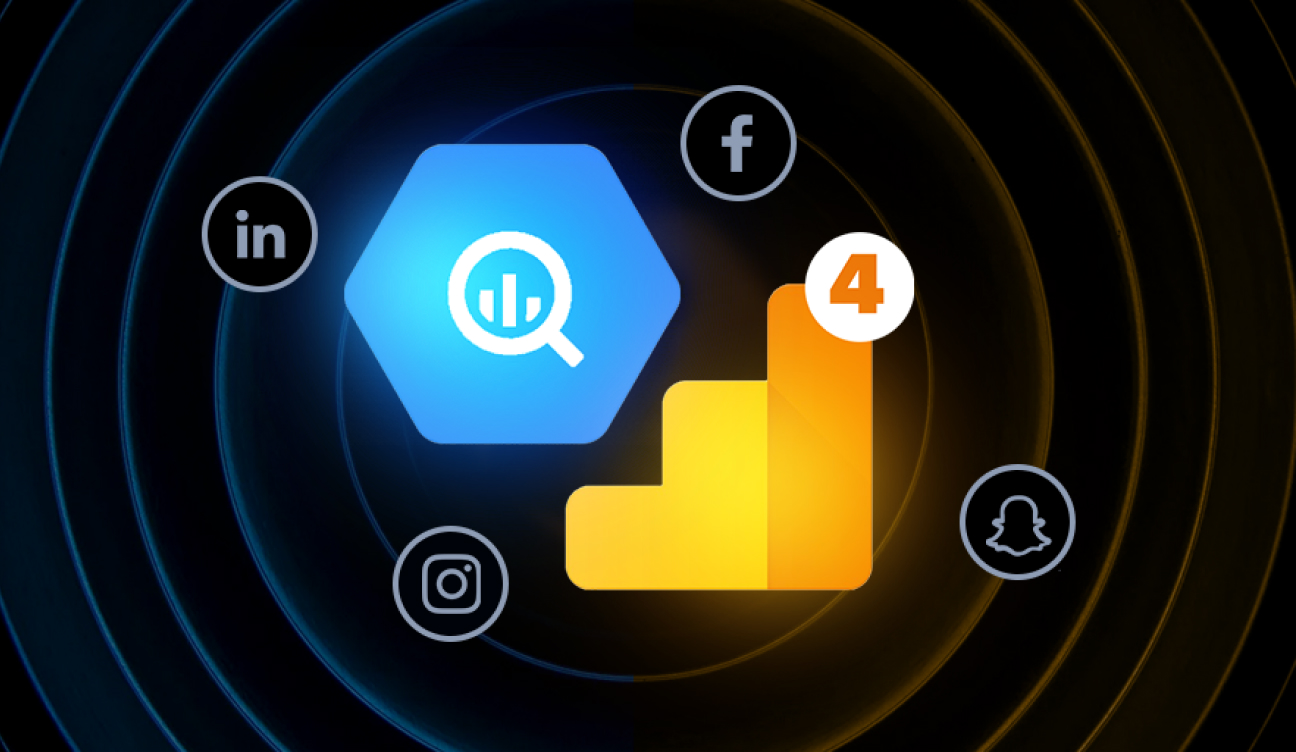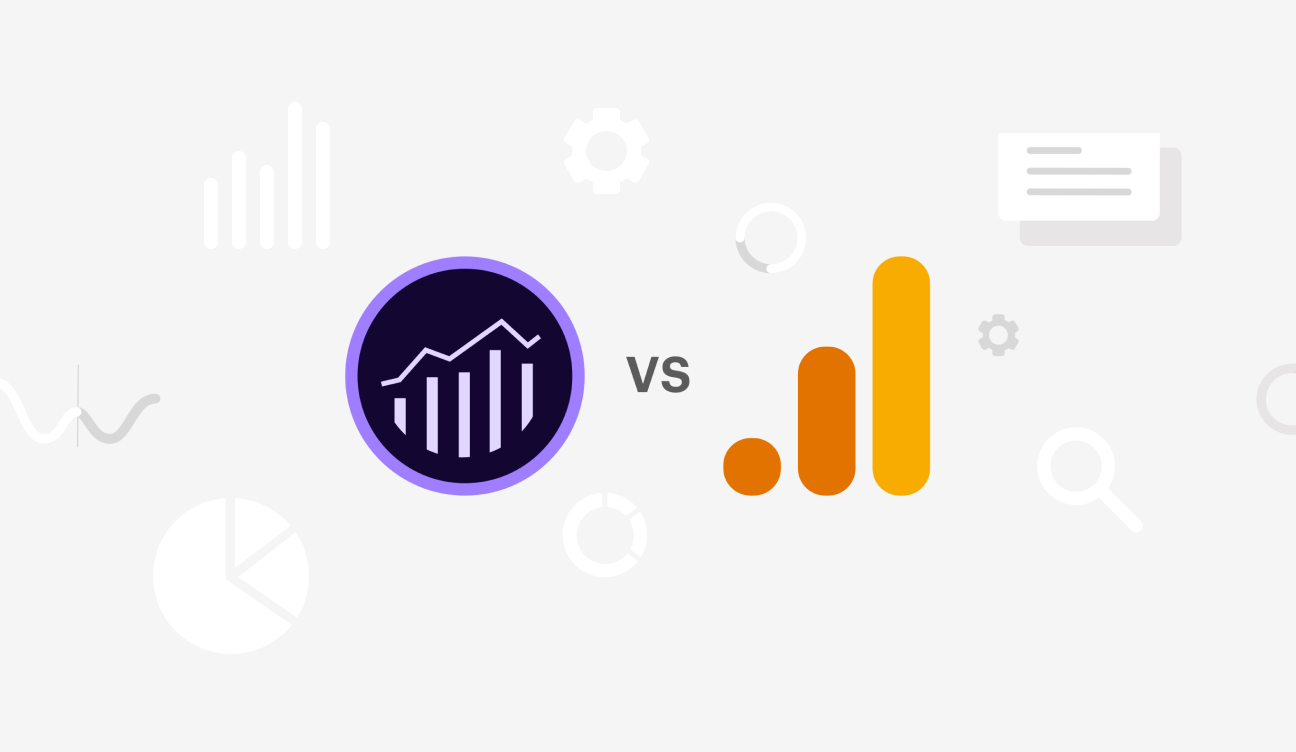The Benefits of Upgrading to GA4 from Universal Analytics

If you’re here, I’m sure you’ve heard of Google Analytics 4 (GA4). But maybe you're not entirely sure what it offers and whether you and your business should upgrade to the new set of features. After all, it seems like Google comes out with a new product every 3-5 years. So, what could this upgrade really entail? Well, congratulations! You’ve come to the right place.
In this post we’ll take a deep dive into GA4 and why you should (or shouldn’t) upgrade this year.
What Is Google Analytics?
Starting with the basics, Google Analytics is a software used to collect user interactions and pageviews on websites. While paid versions are offered, most of the key features within Google Analytics are available at the free level.
When Did GA4 Launch?
GA4 was released in October of 2020. This is important for business owners to note as enough time has gone by for Google and beta users to work out the issues in the software. That, and more than enough time has gone by since the launch of the most popular Google Analytics platform, which is Universal Analytics in 2012.
Think about that, at the time of writing this article, it’s 2022. That’s 10 full years of Universal Analytics being in the market. Would you, as a consumer owner, keep the same phone or laptop for 10 consecutive years? As a business owner, would you keep the same website for 10 years?
The answer, probably not. So why would we treat our analytics software any differently?
Why Is Switching to GA4 Important?
One of the most important reasons and core competencies of GA4, is a new and improved data model that is future-proof.
Now that’s a lot to unpack there... So, let’s take a step back. You’ve probably heard of cookies, both first-party and third-party cookies. Historically, cookies have been some of the most used avenues for developers to store information about a user when they come to a website. However, with new privacy laws entering the digital landscape, cookies are getting blocked by both browsers and users.
This means that websites and analytics tracking software that use cookies to identify users are going to struggle to identify people when they come back to a website.
So, to combat this, Google has created a new clean and concise data model that is not dependent on cookies, but more dependent on the user telling us who they are through their actions and through the devices they use. The new data model gives a less built-in, out-of-box, day-1 functionality to users. That being said, it gives more long-term flexibility when designing analytics tracking strategies.
This means, no more straight-forward pageviews in GA4. But don’t worry...you can still tell how many pageviews through another method - event-based tracking. There is now a “pageview” event, but no dedicated “pageview” metric. As analysts, we can customize and configure these events however we’d like in the form of metrics, dimensions, conversions, audience types, etc.
What Are the Benefits of GA4?
1. Future-proof Cookie-less Event Based Data Model
- As mentioned previously, the new future-proof data model is one of GA4’s core advantages.
2. Google Big Query Linking
- Another incredible feature that is only offered to GA4 and GA360 (the premium Google Analytics product with an annual price tag) is the ability to send all GA4 data to Google’s Datawarehouse, Big Query, with the click of a button.
- This gives businesses across the analytics maturity model a hub to begin storing their digital data at a low cost in Google Big Query.
- The real power of GA4 and Big Query linking comes when businesses begin to layer their web analytics data with other digital analytics data, such as digital marketing, in the datawarehouse. This allows analysts to get their fingertips on valuable business data in a single place where SQL processing and transformation can be done in order to tell meaningful stories and derive incredible insights of what’s really going on in their digital landscape and why.
3. App + Web Data In The Same View
- Another key benefit of GA4 is the ability to combine web and app analytics data in a single view.
- This, again, is credited to the new data model from Google that creates consistencies and efficiencies between the way these, otherwise very different platforms, capture data.
- This means we can track web pageviews by page url side by side with app screen views by screen name. Something that used to be a painful and manual process done outside of Google Analytics.
4. It's Still Free
- GA4 is free and Google hasn’t released anything about making it paid.
- As mentioned previously, there are several features available in GA4 that are only available in the paid version of Google Analytics called GA360.
5. Cross-channel Data-driven Attribution Models
- In January 2022, Google announced that they would use machine learning algorithms to credit conversions across channels instead of just using last-channel attribution models
- This will become especially important for marketers looking to leverage GA4 to make business decisions and optimizations based on the best-performing channels.
What Are The Limitations Of GA4?
- 1. New UI and configuration changes will challenge experienced Google Analytics analysts
- 2. Loss of out-of-the-box functionality such as Pageviews and internal site search. More custom configurations will be needed.
Final Thoughts
GA4 is packed full of premium features with a $0 price tag. The 2 main benefits are:
- 3. A future-proof data model
- 4. The ability to start unveiling GA4 web + app analytics data in a Datawarehouse (Google Big Query) with the click of a button
Businesses should consider upgrading to GA4 this year as new software kinks have been worked out by beta testers simultaneously with the tightening of new cookie privacy laws around the globe. Considering that your historical UA data does not get migrated over to GA4, the sooner you implement GA4, the more historical data you will have when the new privacy laws go into effect. As an example - think about your audiences - the sooner the GA4 tracking code is properly configured, the sooner the audiences can grow in GA4 and become viable to support your future advertising efforts.
Analysts and business users alike may have slight learning curves with the implementation and configuration of GA4, especially if they are used to Universal Analytics. However, the long-term advantages far outweigh the potential shortcomings.
About The Author:
Brad Robertson, Former Director of Digital Analytics | Sagepath Reply
Brad is a digital analytics expert with over 10 years of experience successfully implementing digital analytics platforms such as Google Analytics and Adobe Analytics, and building custom dashboards in Power BI, Tableau, and Looker Studio. Brad has extensive experience helping clients across different industries tell stories with their digital data.

Let’s Start a Conversation
Reach out to discuss your digital transformation needs and see how we can help. We would love to start a long-term partnership with your company.
Get in Touch


